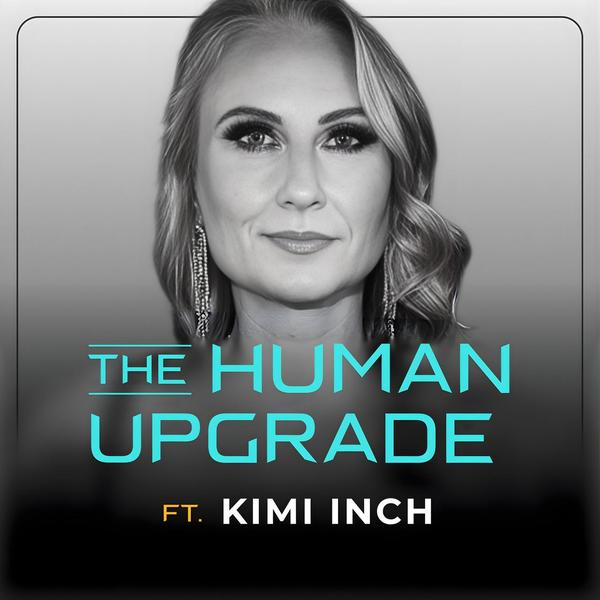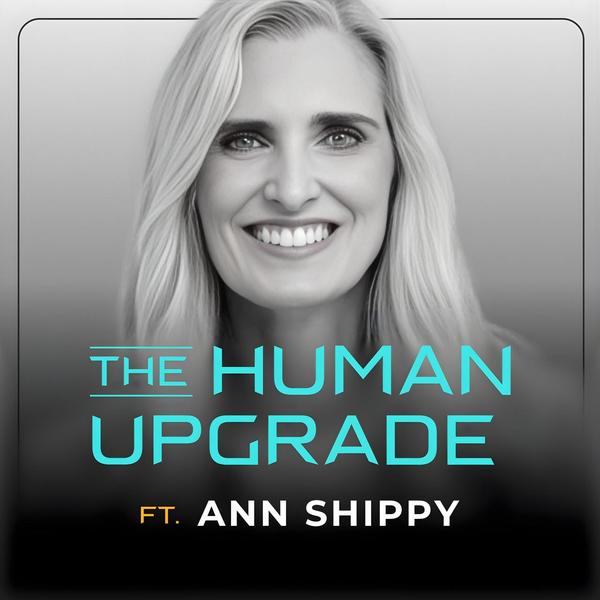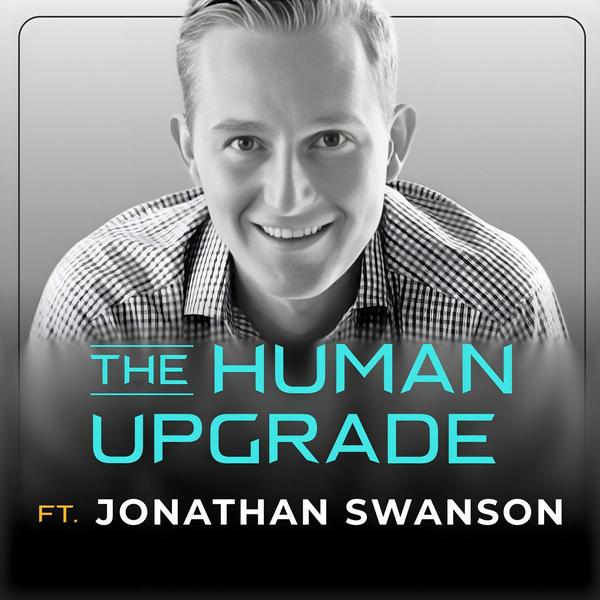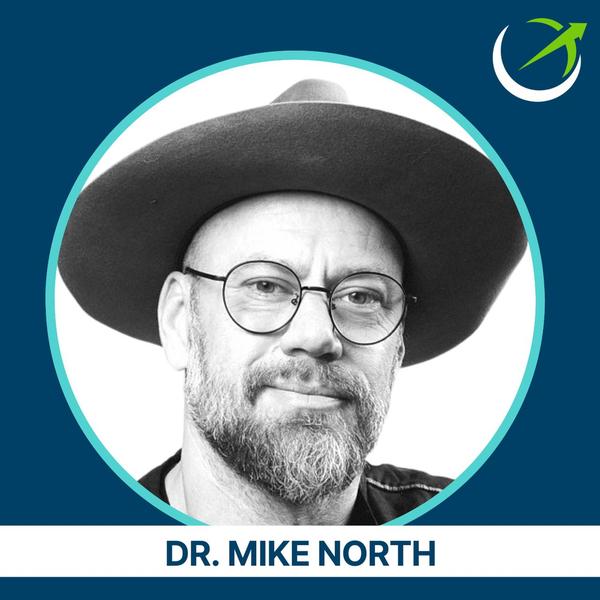Protein vs. Plants: The 50g-a-Meal Biohacking Rule
Dave Asprey
Aug 1, 2025
Mindsip insights from this episode:
Prioritize animal protein for effective muscle stimulation
You would need to eat about six cups of quinoa, a calorically devastating amount, to get the same muscle-stimulating leucine as one small chicken breast.
Limit carbohydrates to control mTOR activation
Problematic systemic mTOR activation is driven more by insulin from excess carbohydrates than by leucine from dietary protein, as mTOR stimulation is tissue-specific.
Aim for 50 grams of high-quality protein per meal to combat anabolic resistance
Aim for 50 grams of high-quality animal protein per meal, regardless of your body weight, to overcome the age-related decline in protein sensitivity known as anabolic resistance.
Combine collagen protein with muscle meat for optimal nutrition
Combining collagen protein with skeletal muscle meat is clinically beneficial as it mimics the nutrient profile of eating the whole animal.
Incorporate Fatty15 to slow biological aging
The supplement Fatty15 contains C15, the first essential fatty acid discovered in 90 years, which is claimed to slow biological aging by strengthening cell membranes.
Address dental health and bone density in vegan patients
From a clinical perspective, vegan and vegetarian patients often present as the sickest group, with the worst dental health, lowest bone density, and least resilience.
Cycle diet between high protein and ketogenic for postmenopausal women
Postmenopausal women may benefit from cycling their diet by focusing on high protein for one month and then switching to a higher-fat, ketogenic diet the next to improve compliance and results.
Reduce carbohydrate intake during perimenopause for better glucose management
Women should consider reducing carbohydrate intake during perimenopause, as declining estrogen levels impair the body's ability to manage glucose.
More from
Dave Asprey
You also might be interested in
Dr. Casey Means: Eat like THIS to reduce your Risk of Metabolic Disease!
Improve Energy & Longevity by Optimizing Mitochondria | Dr. Martin Picard
Dr. Casey Means: Stop Ignoring Your Health — Do These 5 Free Tests!
The Untold Science Of Vibration Therapy & The “BioDrive” Breakthrough That Regulates Your Mind and Body, With Dr. Mike North
Breakthrough Cuts Heart Disease by 25%
















